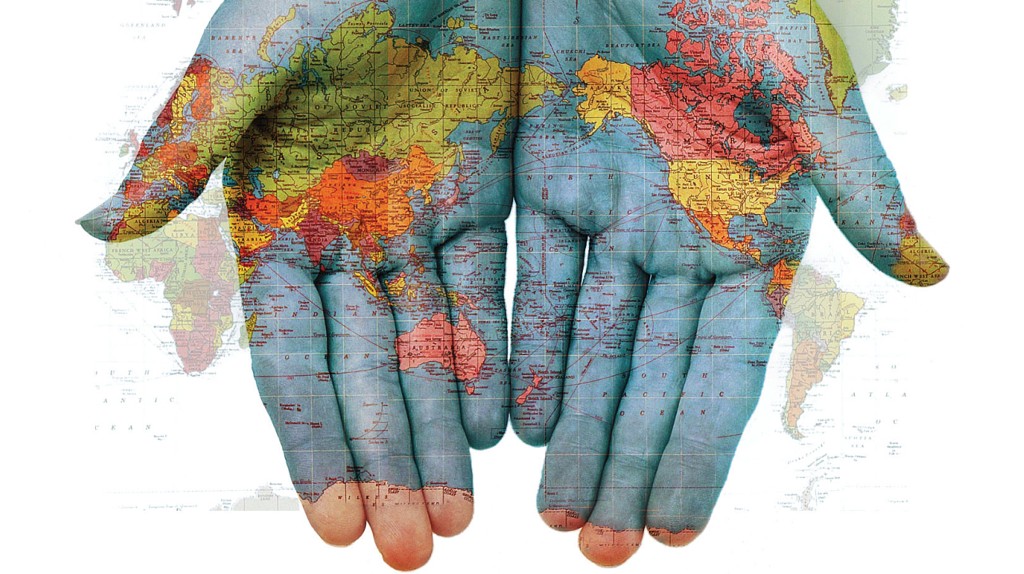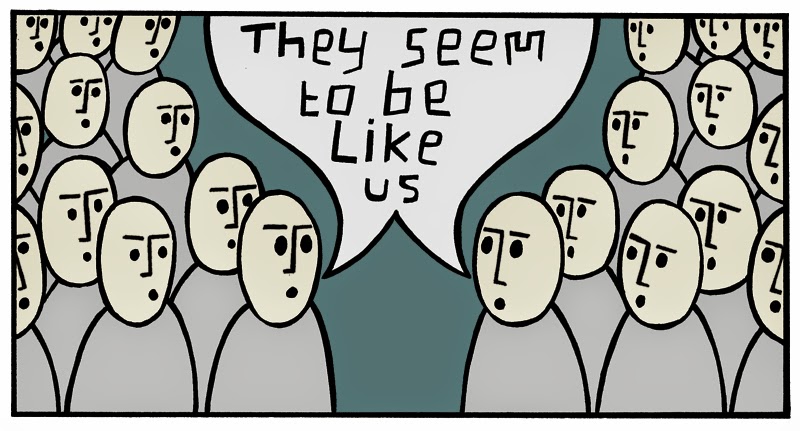 As we prepare to step into the New Year, we at CAI would like to start doing something a little different with our updates. CAI prides itself on having an extensive network of top-quality intercultural instructors facilitating our cross-cultural training sessions, and we would like to take the opportunity to occasionally share their insight and expertise with you.
As we prepare to step into the New Year, we at CAI would like to start doing something a little different with our updates. CAI prides itself on having an extensive network of top-quality intercultural instructors facilitating our cross-cultural training sessions, and we would like to take the opportunity to occasionally share their insight and expertise with you.
Pauline Vromans, an expert trainer from the Netherlands who has traveled extensively within Mexico, Costa Rica, Australia and the USA as well, shares years of experience and research with us below. Pauline has an M.Sc. in Human Resource Studies and another in Culture, Organization and Management from Tilburg University and Vrije University in Amsterdam respectively and is currently pursuing a Ph.D. in intercultural competence. Take a look below at her Master Thesis summary on cultural identity and the allure of similar cultures and comfort in a situation that may be more different than you initially suspect:
“The Presumed Cultural Similarity Paradox: A Comparison of Dutch expatriates in Belgium and China” by Pauline Vromans.
Expatriates moving to a country that shares common characteristics with their own country, e.g. language, religion and political system, may suffer from the presumed cultural similarity paradox, a new concept introduced in the thesis, “The Presumed Cultural Similarity Paradox: A Comparison of Dutch expatriates in Belgium and China” (Vromans, 2006). Although there may not be a very large cultural distance between the host and home country, the common characteristics of both countries may cause the expatriate to presume more cultural similarity and easier adjustment than is actually the case. During their stay abroad, expatriates may find that their expectations are not met; they underestimated the cultural differences and difficulty of adjustment. While the smaller cultural distance may facilitate adjustment, the under met expectations, on the other hand, may inhibit adjustment.
To investigate this, this study compared Dutch expatriates in  Belgium and in China and found that the expectations of cultural similarity and adjustment difficulty of the expatriates in Belgium were significantly more under met than those of the expatriates in China. This means the expatriates in Belgium tended to underestimate cultural differences and the difficulty of adjusting more than the expatriates in China did. More under met expectations of cultural similarity led to a more negative affective adjustment. This type of adjustment concerns the emotional attachment to the country, or in other words, how happy a person is with their lifestyle, host country, the local people, their job and themselves. So, expatriates with more under met expectations were emotionally less adjusted to the host country.
Belgium and in China and found that the expectations of cultural similarity and adjustment difficulty of the expatriates in Belgium were significantly more under met than those of the expatriates in China. This means the expatriates in Belgium tended to underestimate cultural differences and the difficulty of adjusting more than the expatriates in China did. More under met expectations of cultural similarity led to a more negative affective adjustment. This type of adjustment concerns the emotional attachment to the country, or in other words, how happy a person is with their lifestyle, host country, the local people, their job and themselves. So, expatriates with more under met expectations were emotionally less adjusted to the host country.
Intercultural adjustment was also studied and including different forms of adjustment. The expatriates in China had more adjustment difficulties with accepting local traditions and practices and with communication than the expatriates in Belgium. However, expatriates in both countries were not significantly different in their knowledge about the culture and country, nor in their interaction with the local people and the adjustment of their lifestyle.
This shows that neighbouring and seemingly cultural similar countries are not always as similar and easy to adjust to as expected. When Dutch expatriates assume that there are little to no cultural differences, they will most likely find that they were mistaken. Their under met expectations can lead to negative consequences for their affective adjustment and this negatively affects their job performance. While the focus of organizations and the literature is often on adjustment and performance of expatriates halfway across the globe, the presumed cultural similarity paradox calls for a closer look at improving success of international transfers closer to home.


